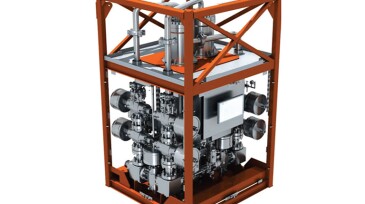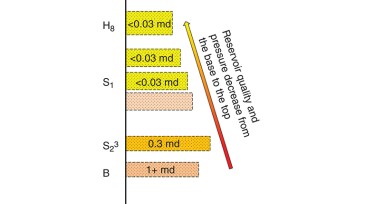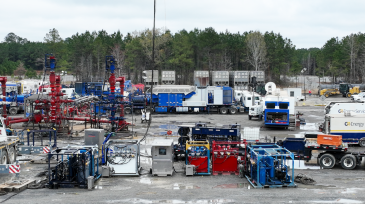automation
-
At the company’s annual conference, leaders from its Automations Solutions business laid out a three-pronged effort to improve automation architecture—intelligent fields, the edge, and the cloud.
-
This paper highlights solids-management technologies that are currently available and still in use topside (some of which are potentially outdated).
-
This paper describes a new intelligent dosing technology to reduce liquid loading in an unconventional tight gas reservoir.
-
Industry experts from Fugro analyze what the future holds for offshore energy fields and how the industry can embrace and prepare itself for an autonomous and digital future.
-
New automated technology is making it possible to run pressure pumps for days on end.
-
Drilling automation champions met to identify where this emerging technology needs to be by the end of the decade. What they ended up agreeing on most was that the business models used today are largely incompatible with the technology of the future.
-
Gazprom Neft and a cloud computing joint venture involving Abu Dhabi National Oil Company have signed an agreement to commercialize jointly developed digital solutions in Russia and the Middle East.
-
This paper describes a method to determine rig state from camera footage using machine-learning-based vision-analytics approaches.
-
SponsoredEach well drilled, stimulated, and completed represents a significant investment in time, resources, and expenses. From artificial lift system design to maintenance scheduling, maximize your investment by ensuring optimal flow and production throughout the life cycle.
-
This paper presents experiences from an automated drilling-fluids-monitoring initiative and resulting real-time hydraulic measurements and models for automatic drilling control.










